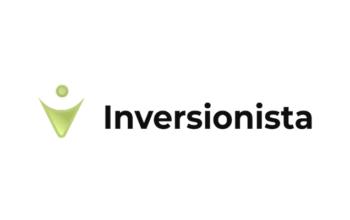Did you know that 44% of businesses have never had insurance? Don’t risk your assets behind a policy.
Any business owner can use some insurance. You might feel like you don’t have any assets to cover behind, but you do. Take, for example, your business equipment.
It can cost you thousands of dollars to replace everything. And if you have expensive equipment, you need to protect it with the right business insurance. This post will detail the different types of business insurance every small business must use.
If you’re seeking information about exemptions from workers’ compensation insurance in Florida, particularly for businesses, check out workers comp exempt Florida for valuable insights and guidance.
Commercial Property
It is business insurance designed to cover the physical parts of a business. It can also include lost income if the company cannot run due to a covered event. This business insurance can be beneficial if an unexpected disaster occurs.
It covers the building and its contents from damage from various incidents. It can even extend to some form of liability coverage. It can also be helpful if a customer slips and falls on the premises and sues for damages.
Protecting a business from property or equipment damage and loss of income is essential. It should be strongly considered as part of any comprehensive business insurance plan.
Franchise Owner Insurance
This insurance typically covers errors and omissions, copyright infringement, and contractual disputes. It also extends to franchise-related areas such as environmental or pollution liabilities.
Franchise owner insurance usually requires franchisees to carry adequate public liability. They are protected against legal costs or damages awarded against them. If you want the best business insurance, consider Franchise Owner Insurance.
Workers’ Compensation
This insurance helps to protect employers from costly lawsuits if a workplace injury. It provides medical coverage, rehabilitation benefits, and lost wages. This protects the employer from being held liable for a workplace accident.
It’s important to note that workers’ compensation insurance requirements vary from state to state. Employers need to research the laws and make sure their business complies.
Employers must get in most states if they use more than five employees. Purchasing workers’ compensation insurance may be a financial burden for many small businesses. The costs are typically outweighed by the potential liability of an employee’s injury or death.
General Liability
General liability insurance provides financial protection from claims due to bodily injury, property damage, and personal/advertising injuries. Your business operations, products, or services are caused by it. This insurance also covers damages caused by your employees and the cost of legal defense when you are sued.
You can protect your business from various potential risks and liabilities. It can help you pay for legal costs associated with a claim, a settlement, or a judgment resulting from a lawsuit. It can pay for the medical expenses that stem from a workplace injury.
Business Income
This insurance pays business owners for lost income due to disruption in their business operations. This includes the necessary expenses for a business to get back on track.
This can reimburse for lost profit margins, as well as fixed expenses. This enables a business to continue its operations.
Understanding the Types of Business Insurance
Business insurance is an essential part of a business of any size. Companies can protect themselves from possible financial losses by using suitable types of business insurance. By educating yourself on business insurance, you can decide what policies and coverage are best for you to protect your business.
Did you find this article interesting? Visit our blog site for more.

